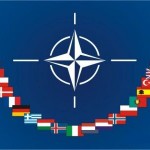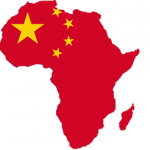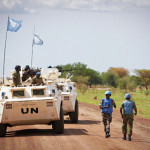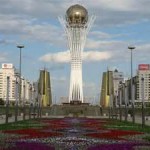(C) Kapok Tree Diplomacy. 2010. All rights reserved. Jeff Dwiggins. FREE CONTENT
NGOs are essential to conflict resolution in as much as they possess the necessary skills, knowledge, personnel and experience to help resolve the conflict and the context is favorable to their participation. Certainly, the traditional role of the NGO has changed in nature from one of purely humanitarian relief to one that includes the roles of civil society builder and peace broker. This role transformation challenges the NGO’s assertion of neutrality and inviolability. Pamela Aall lists certain conditions that must exist prior to NGO conflict resolution intervention, saying NGOs must have:
· Knowledge of the country and the regional institutions involved (14)
· Indigenous partners (14)
· Good knowledge of conflict mediation skills (14)
· Inherent understanding of the personal risks involved (14)
David Baharvar explains, “The basic mission of the major NGOs devoted to international ethnic conflict resolution is to transform the way that torn societies deal with a conflict and to improve the process of conciliation. Their efforts typically are focused on capacity-building: consultation, dialogue, and training in conflict resolution for people on all sides of an ethnic conflict” (2001).
The posts, views and opinions expressed on this site are completely my own and do not represent the views or opinions of the Department of Defense (DoD), the Department of the Navy (DON) or any of the Armed Forces. Read more




